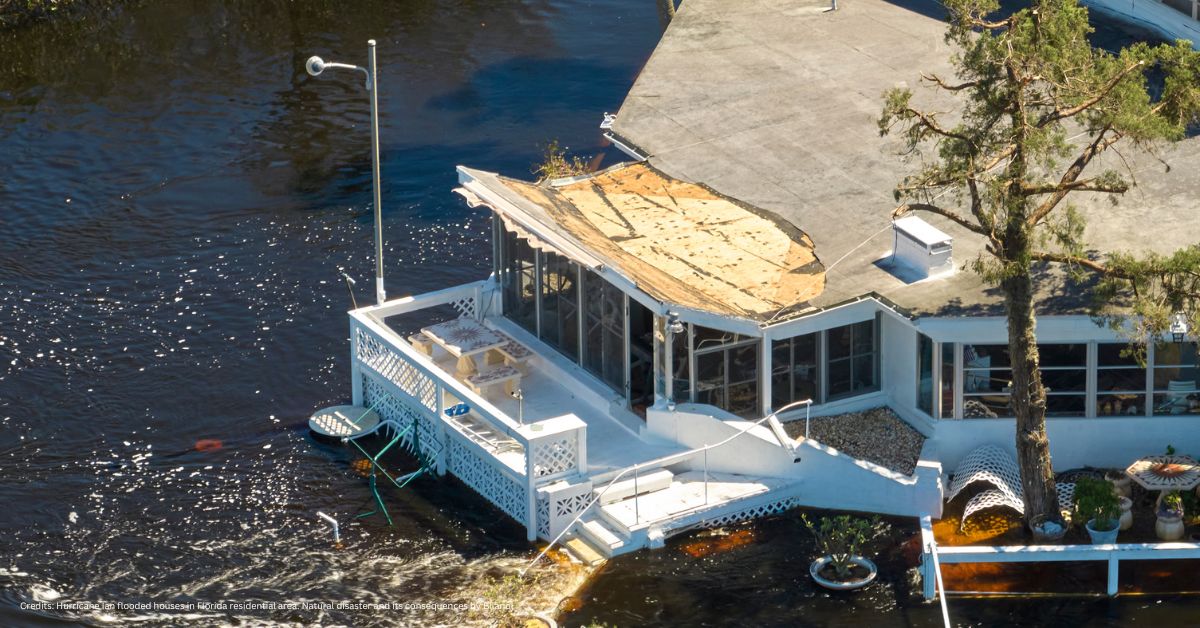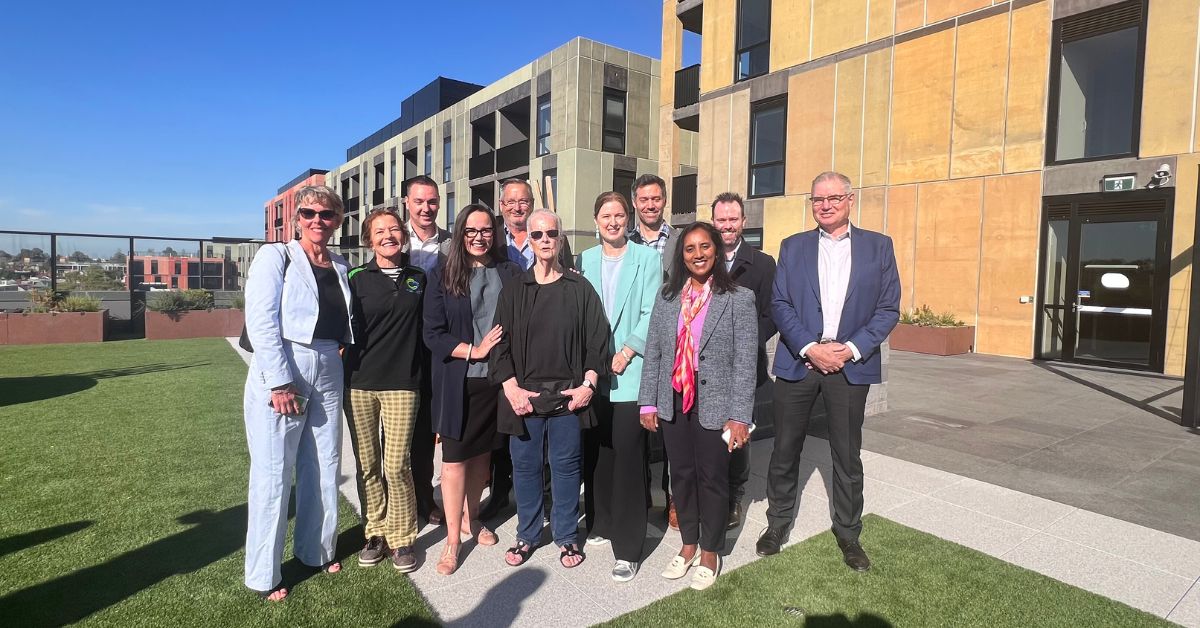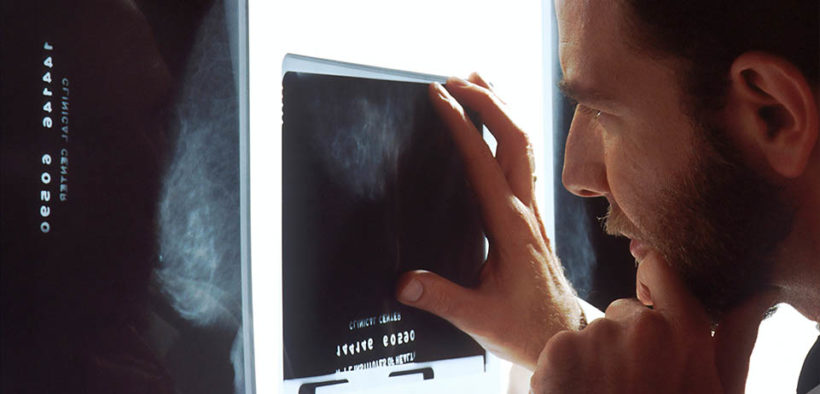
- Business
- Finance
- Funding
- Fundraising
- Leadership
- Governance
- Grants
- Mergers
- Investment
- Partnerships
- Policy
- Regulations
- Finance
- Funding
- Fundraising
- Leadership
- Governance
- Grants
- Mergers
- Investment
- Partnerships
- Policy
- Regulations




Save the Children welcomes Australia’s move to rejoin the Green Climate Fund
Menchie Khairuddin
Budget burdens survivors with the cost of domestic violence for another year
Menchie Khairuddin
Shoalhaven business helps lower homeowner energy costs
Menchie Khairuddin
What Can Charities Do if They Have Gone into Debt?
Third Sector

Melbourne Pedalthon to Raise $100K for Below the Belt Cancers
Menchie Khairuddin


Grants available to fund youth-focused community projects
Menchie Khairuddin

Dementia Australia Research Foundation announces $2.4M in grants
Menchie Khairuddin

State and Federal funding back Palliative Care Victoria
Menchie Khairuddin
Melbourne Pedalthon to Raise $100K for Below the Belt Cancers
Menchie Khairuddin
Parkinson’s NSW to raise awareness in annual fundraiser
Menchie Khairuddin
Humpty Dumpty Foundation to fundraise for medical equipment
Menchie Khairuddin and Third Sector
Rainbow Club to fundraise for children with disabilities
Menchie Khairuddin
New funding fuels ground-breaking research for cancer patients
Menchie Khairuddin

Compassion launches local fundraising in the Philippines
Menchie Khairuddin
FRRR gears up to support recovery in flood-affected FNQ
Menchie Khairuddin

NFP study reveals increasing demands has directors at a tipping point
Menchie Khairuddin

South Australian selected for global program in healthcare leadership
Menchie Khairuddin

New data shows Australia’s top boards reaching 40 per cent women
Menchie Khairuddin


Voluntary disclosure policies lead global sustainability agenda
Menchie Khairuddin

NFP study reveals increasing demands has directors at a tipping point
Menchie Khairuddin




Wellbeing Statement doesn’t address climate change
Menchie Khairuddin

Grant program launched in WA to combat elder abuse
Menchie Khairuddin

$730K in grants to prepare rural communities for future drought
Menchie Khairuddin
QBE Foundation provides seed capital grant to First Australians Capital
Menchie Khairuddin
Grants available to fund youth-focused community projects
Menchie Khairuddin


Kids First Australia expands to support at-risk children and youth
Menchie Khairuddin
HESTA and Mercy Super announces plan to merge
Lourdes Antenor








New partnership commits $100M to revolutionise global immunology research
Menchie Khairuddin

An introduction to values-aligned investing
Third Sector
Adara group makes milestone a $16M commitment to newborn health
Menchie Khairuddin
Yaala Sparkling closes $125K deal on Shark Tank
Menchie Khairuddin




FRRR grants to boost support for rural communities
Menchie Khairuddin
Kids Helpline opens its first Melbourne centre
Menchie Khairuddin




ASU calls for immediate action following the murders of 4 women this week
Menchie Khairuddin
The Paul Ramsay Foundation on the referendum result
Menchie Khairuddin
Budget burdens survivors with the cost of domestic violence for another year
Menchie Khairuddin
Children displaced by climate shocks doubled to a record high
Menchie Khairuddin

New development policy a welcome step, in a longer journey
Menchie Khairuddin
New reform a welcome step to free charities from red tape
Menchie Khairuddin
Fundraising harmonisation a win for charities
Menchie Khairuddin
ACNC calls on Charities to submit their Annual Information Statement
Menchie Khairuddin




- Social Affairs
- Child Protection
- Education
- Environment
- Gender and LGBTIQ+
- Health
- Housing and Homelessness
- Humanitarian Crisis
- Mental Health
- Youth
- Child Protection
- Education
- Environment
- Gender and LGBTIQ+
- Health
- Housing and Homelessness
- Humanitarian Crisis
- Mental Health
- Youth



Children and communities suffer impacts of climate crisis in Afghanistan
Menchie Khairuddin
Unlocking Opportunities for Growth and Change with Third Sector in 2024
Menchie Khairuddin
Voluntary disclosure policies lead global sustainability agenda
Menchie Khairuddin
$730K in grants to prepare rural communities for future drought
Menchie Khairuddin


Making end-of-life care inclusive for LGBTIQ+ people
Menchie Khairuddin

Opinion: How To Take Action For A Gender Equal Future
Kirsty Robertson

Parkinson’s NSW to raise awareness in annual fundraiser
Menchie Khairuddin

Grant program launched in WA to combat elder abuse
Menchie Khairuddin
Newcastle researcher is Cure Cancer’s Researcher of the Year 2024
Menchie Khairuddin

Key takeaways from the 7th National Social and Emotional Wellbeing Forum
Menchie Khairuddin

Youth Chat Champions SDGs with Innovative Mental Health Support
Menchie Khairuddin
Australia’s Largest Youth Survey Set to Amplify Young Voices
Menchie Khairuddin
New Report on recommendations to better assist the youth
Menchie Khairuddin
Grants available to fund youth-focused community projects
Menchie Khairuddin
- Appointments
- First Nations
- Latest Stories
- Events
- Authors
- Partners





























